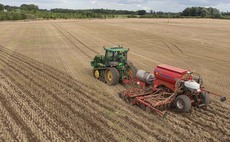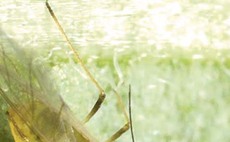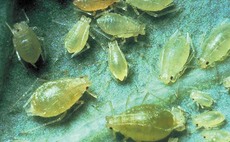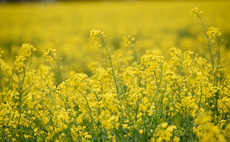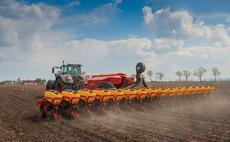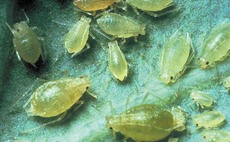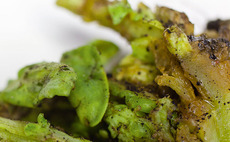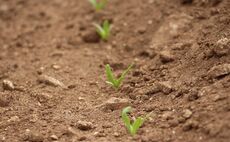Neonicotinoids
Arable
After an easier year for oilseed rape, the crop is expected to claw back some of its reputation this harvest, and area is predicted to rise again for the 2021/22 season.
Arable
Getting oilseed rape crops in early can ensure it is better placed to resist cabbage stem flea beetle attack. Farmers Guardian summarises the latest advice from a new guide.
Arable
Warmer temperatures are encouraging aphids to fly, and an increase in aphid numbers is now being widely reported and recorded across the British Beet Research Organisation’s (BBRO) yellow water pan network.
Arable
A new study by the Game & Wildlife Conservation Trust (GWCT) has found that a simple field-based monitoring system run by farmers, could help reduce the use of insecticide spraying to tackle BYDV.
Arable
HSE has issued an emergency authorisation (EA) for the use of InSyst (acetamiprid) on sugar beet.
Arable
Crops have been met with drought in the south and east of the country, widespread frosts and even April snow in some parts in recent weeks.
Arable
A decent spell of spring weather has seen field work progress up and down the country. However, delays to sugar beet seed deliveries on-farm are holding up drilling for some growers.
Arable
With the news that sugar beet growers will not have the option of Cruiser SB (thiamethoxam) this season, BBRO outlines what’s available in terms of aphid control.
Arable
A combination of cabbage stem flea beetle larvae infestation and heavy frosts have knocked oilseed rape crops back in recent weeks.
Arable
Rothamsted Research has confirmed that the virus yellows prediction for the 2021 sugar beet crop remains very low, with first flights of aphids likely to be six weeks later than last year.

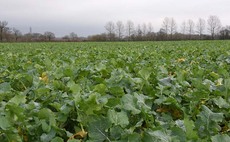
 05 August 2021
•
4 min read
05 August 2021
•
4 min read
